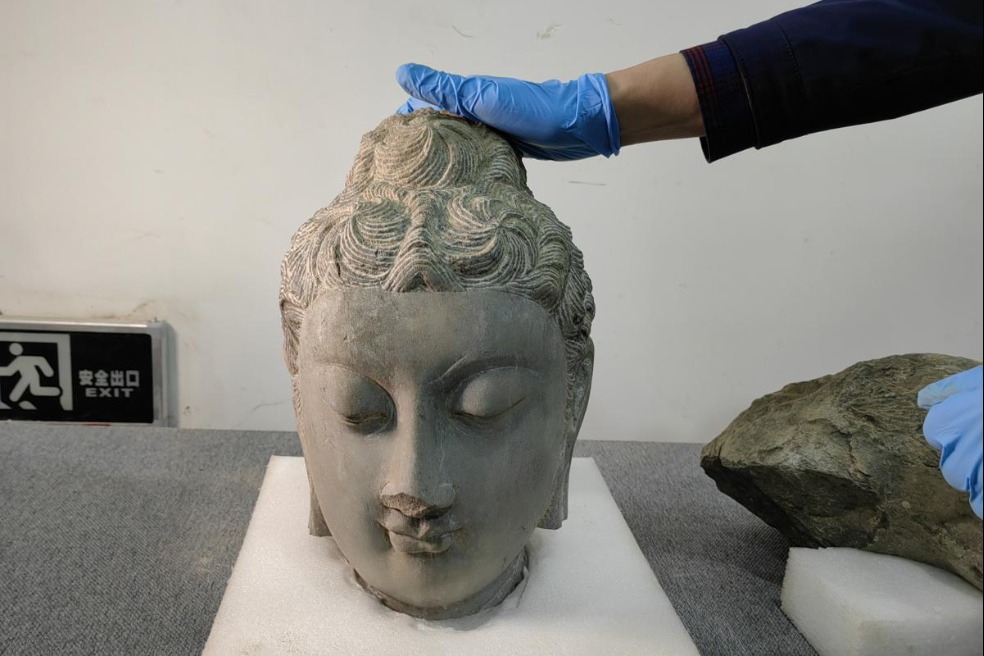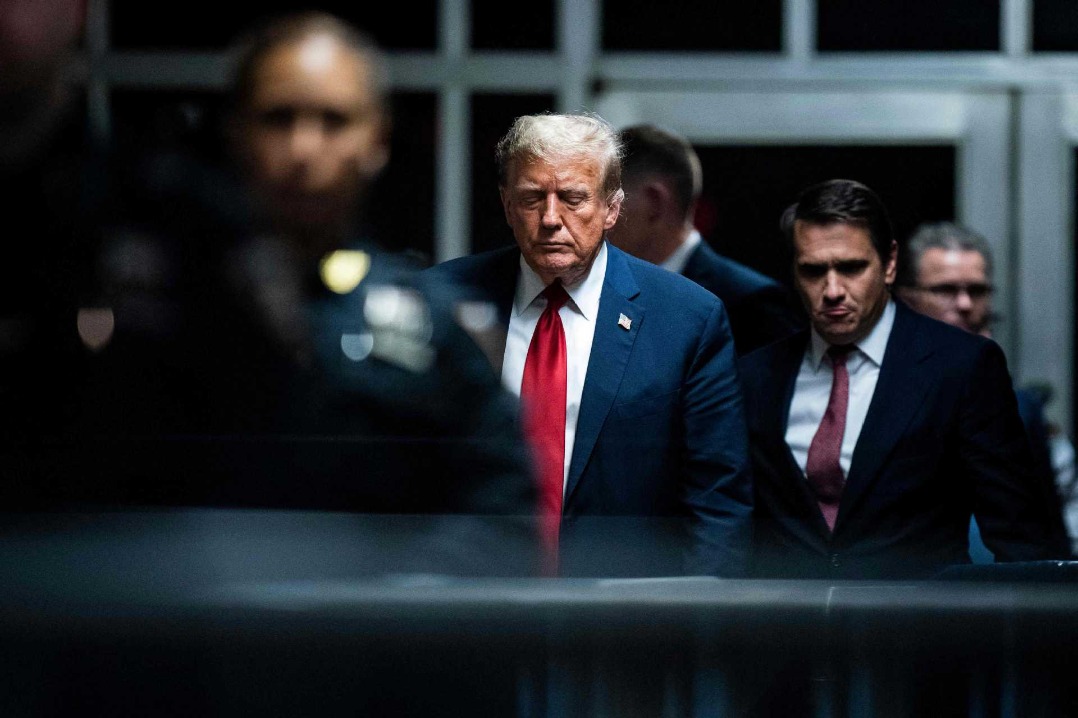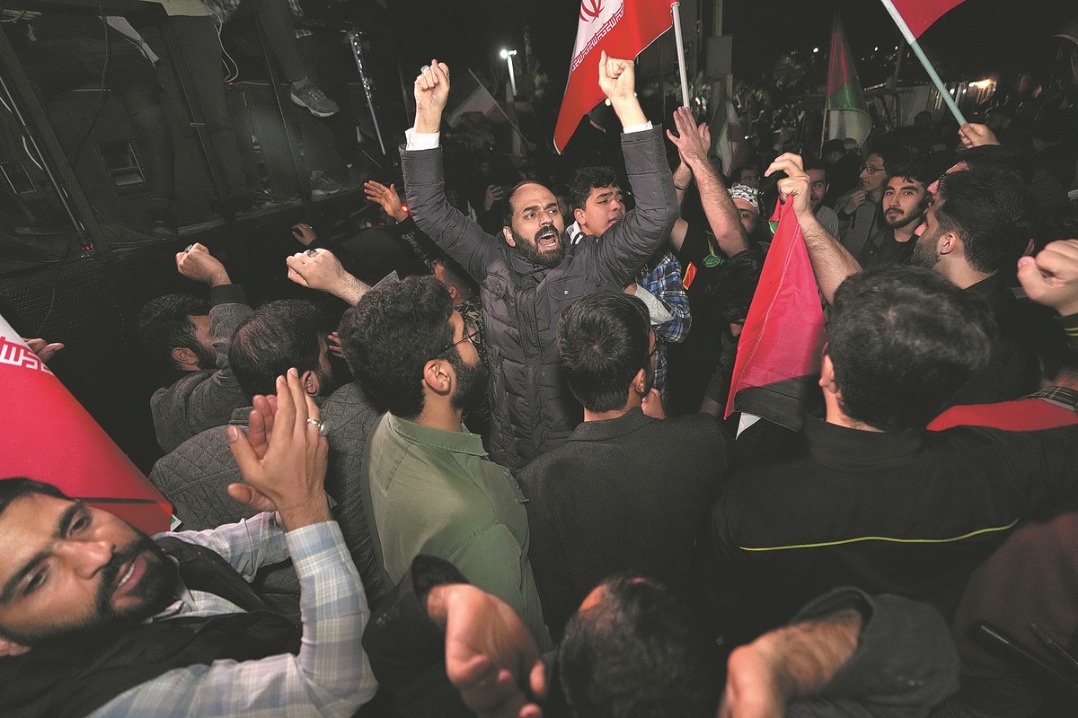A chaotic, controllable Middle East is more in line with US interests
People's Daily Online | Updated: 2020-01-10 16:12

The US airstrike that killed Iranian military commander Qasem Soleimani has once again escalated tensions between Washington and Teheran, and further exacerbated the turbulence in the Middle East.
It is believed that by carrying out the strike, the US is able to not only contain Iran's "regional expansion", but also exert pressure on other foreign "enemies". In a word, only a Middle East that is in chaos and controllable conforms to the private interests of Uncle Sam.
Obviously, the US airstrike in Iraq seriously violated international law, and it's impossible that Washington was not aware of the consequences - widespread condemnation from the international community. However, the US still launched the airstrike and killed Soleimani.
Why?
One thing is for sure: the US wants to contain Iran's strategic rise in the Middle East. The influence of Iran in the region has continued to grow in the past two decades, and obviously this situation has threatened the interests of the US and its allies in the Middle East. In typical US logic, the death of the military commander will curb Iran's "regional expansion".
In addition, the death of Soleimani also serves as a deterrent for other opponents and rivals. The security measures taken for the Iranian general must have been extremely tight, but the US was still able to hunt him down - a capability that demonstrates the threat to other "enemies" of the US Such a barbarian and lawless approach has rarely happened in the history of international relations, which demonstrates the US mentality of “by hook or by crook".
In the long run, the US still needs a chaotic Middle East where no regional country is allowed to play a dominant role.
The chaos in the region will spur US arms sales to the Middle East. Though many countries seek to buy US weapons, not many are as rich as the Middle East’s oil producers. Once the regional conflicts in the Middle East cease, the US will lose its market there, an outcome that US arms producers are reluctant to see.
The post-World War II history proves that all regional leaders that were ambitious enough to seek hegemony in the Middle East have ended up becoming the targets and even enemies of the US, as the latter believes they were uncontrollable and did not conform to the interests of the US
























